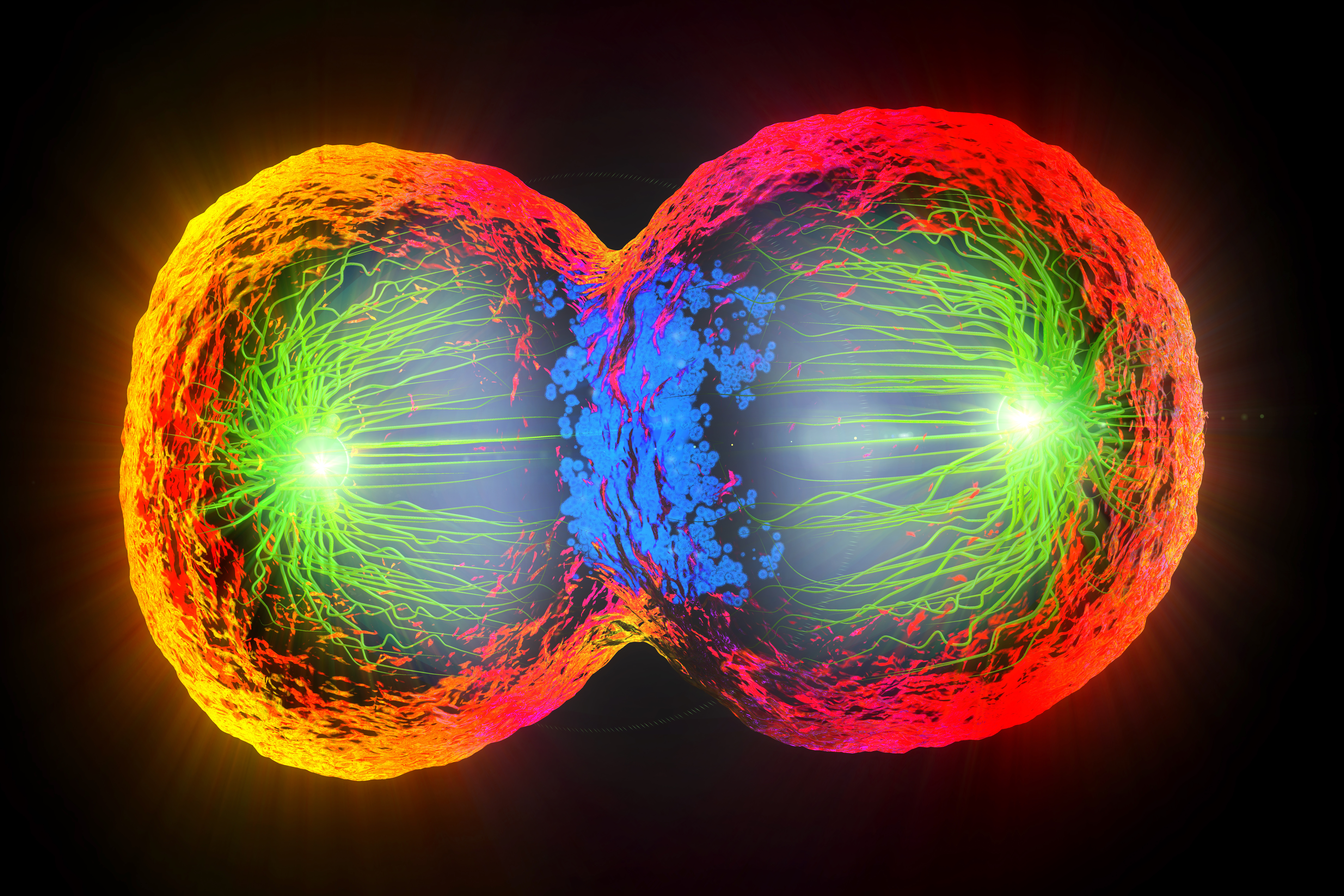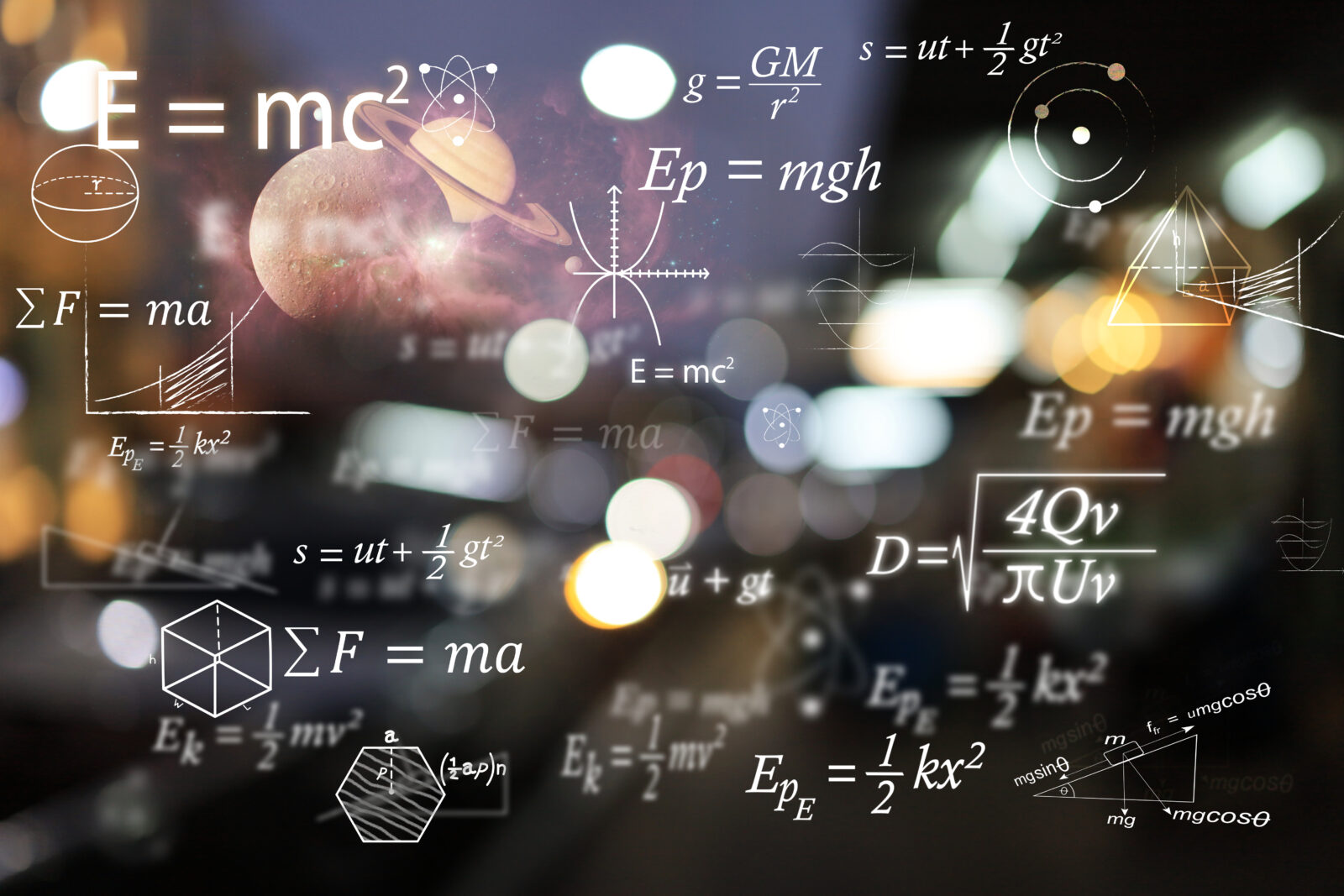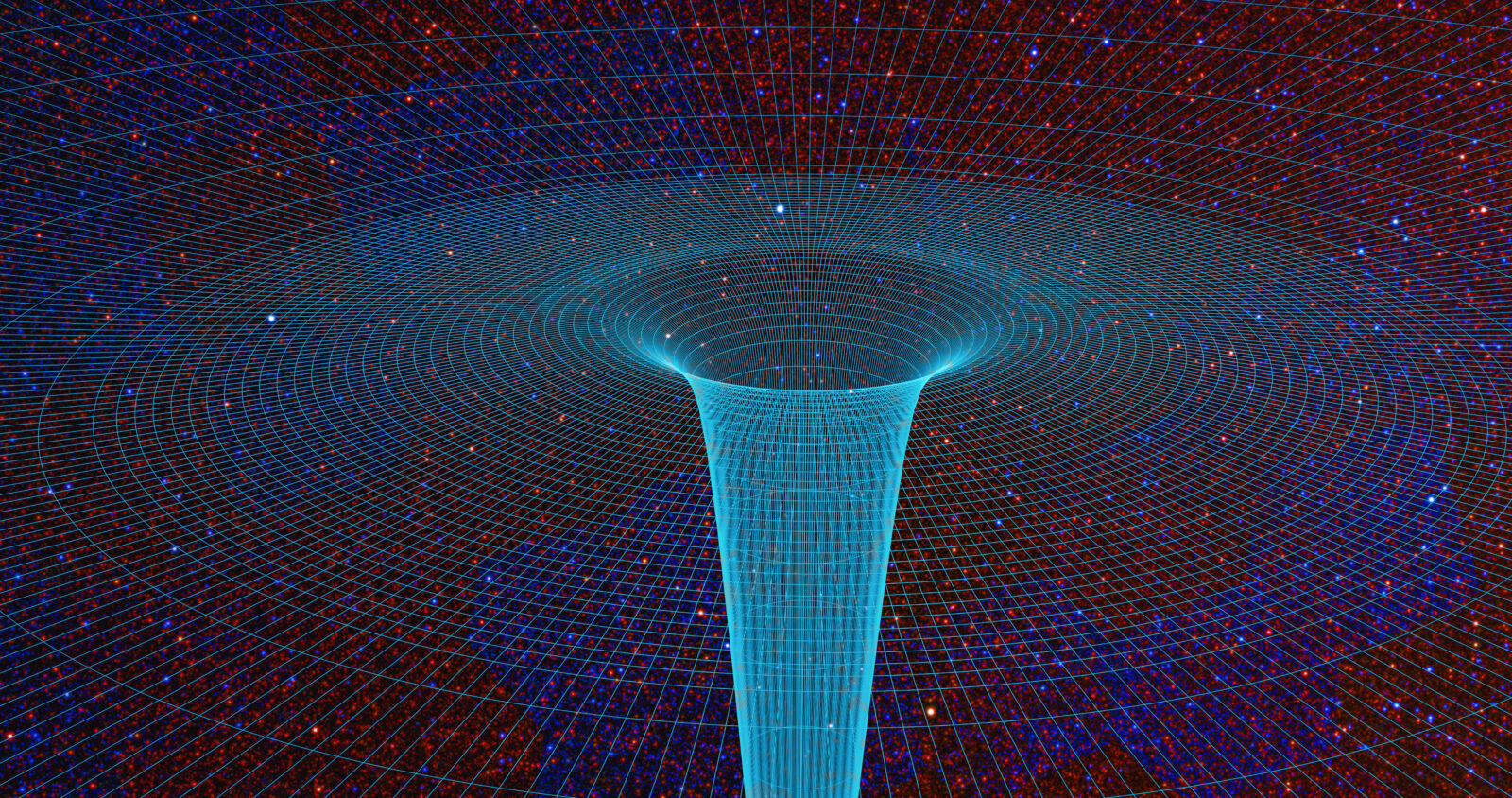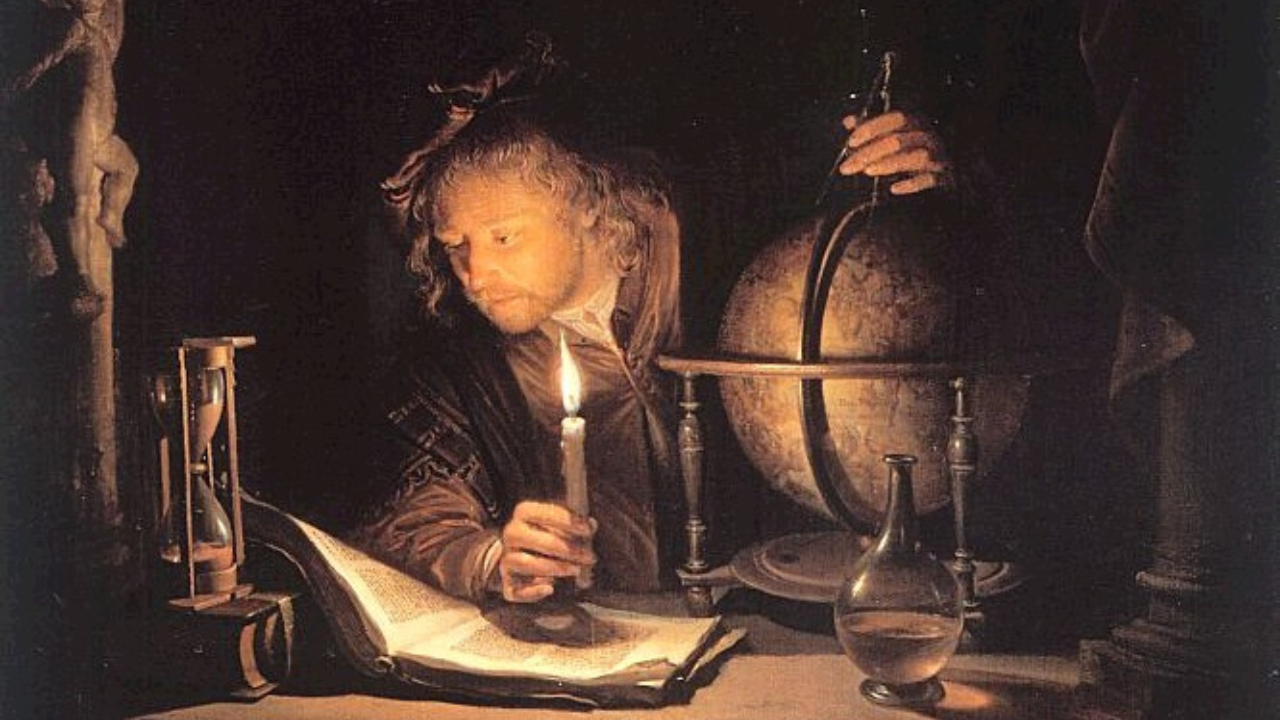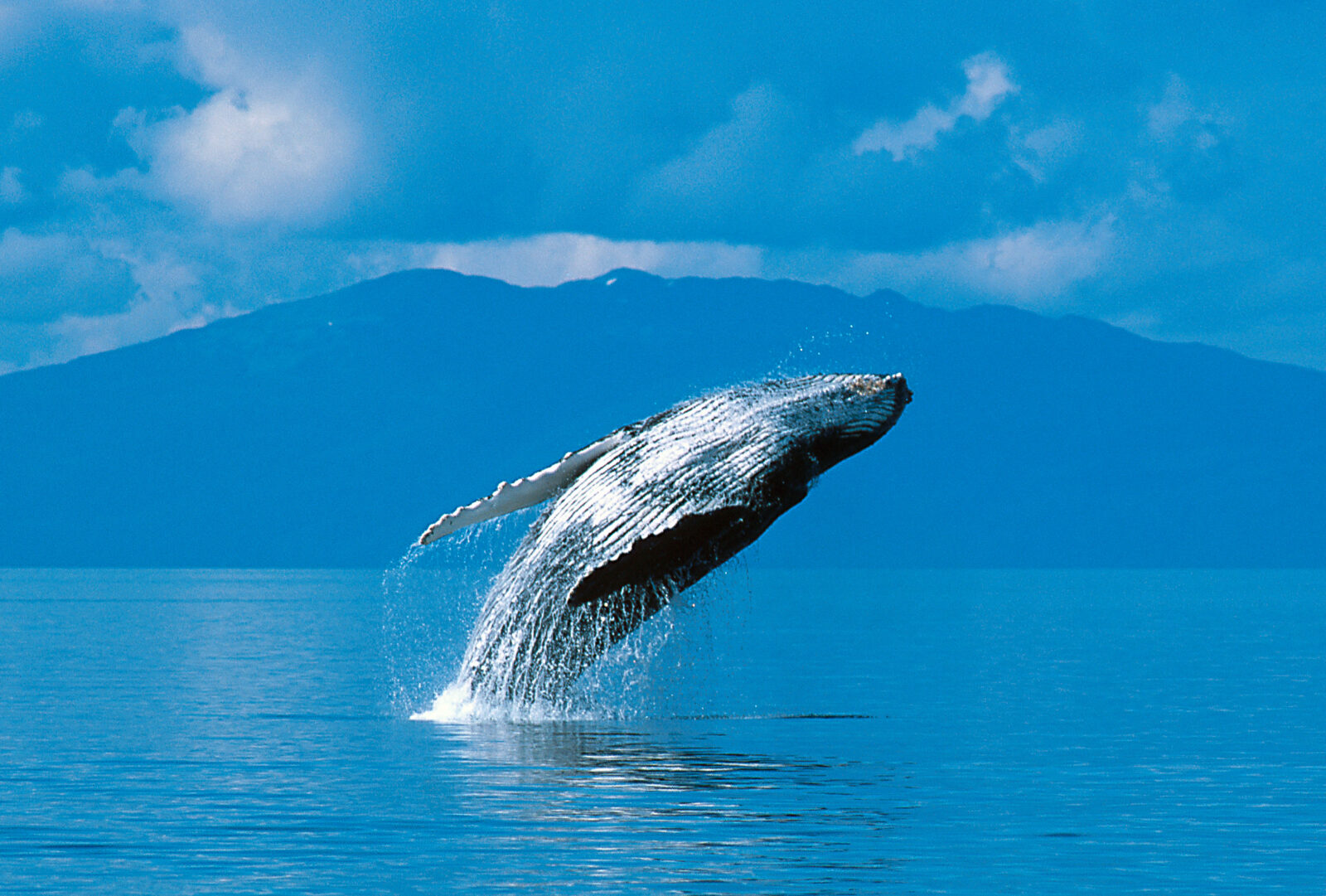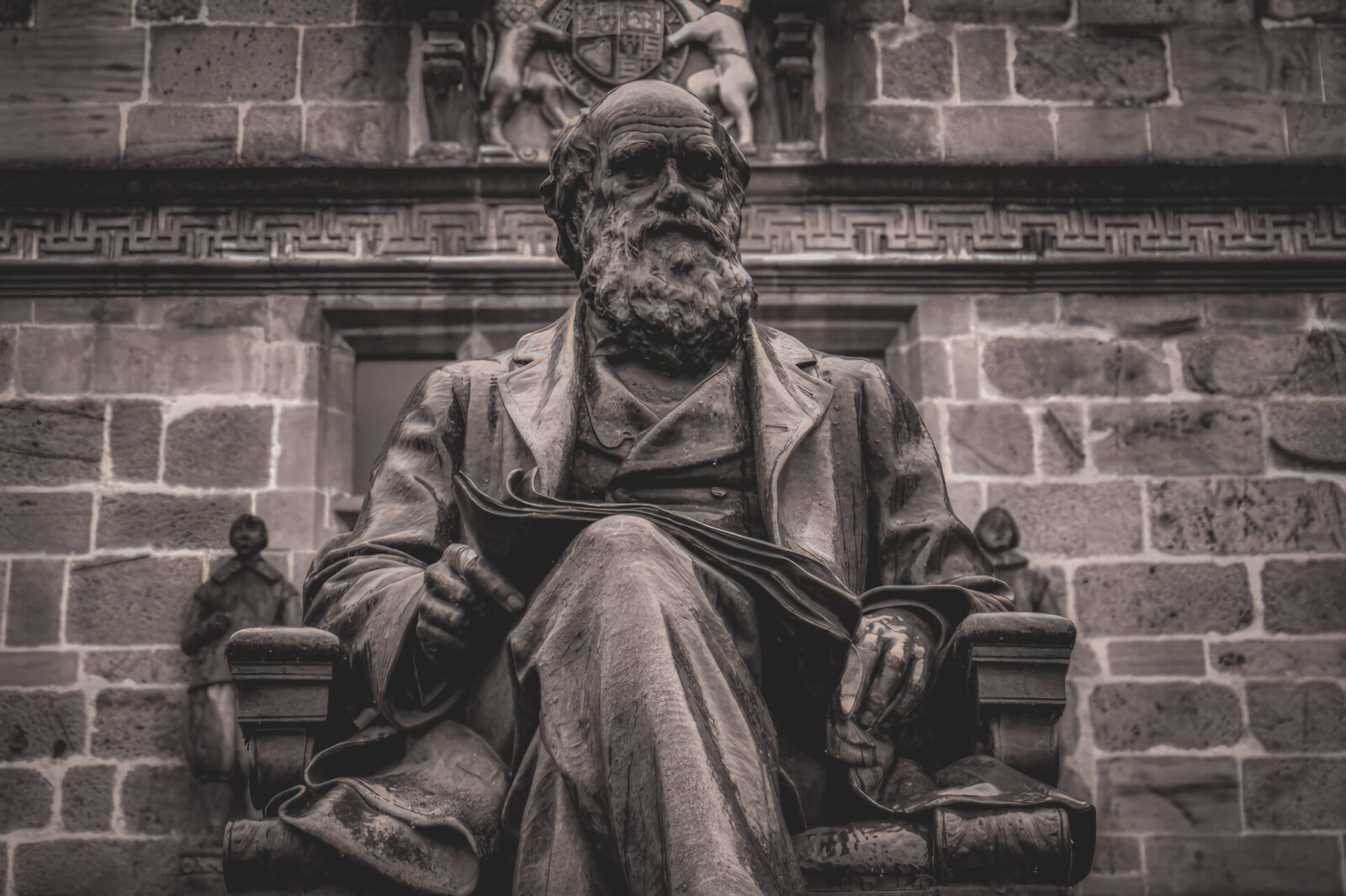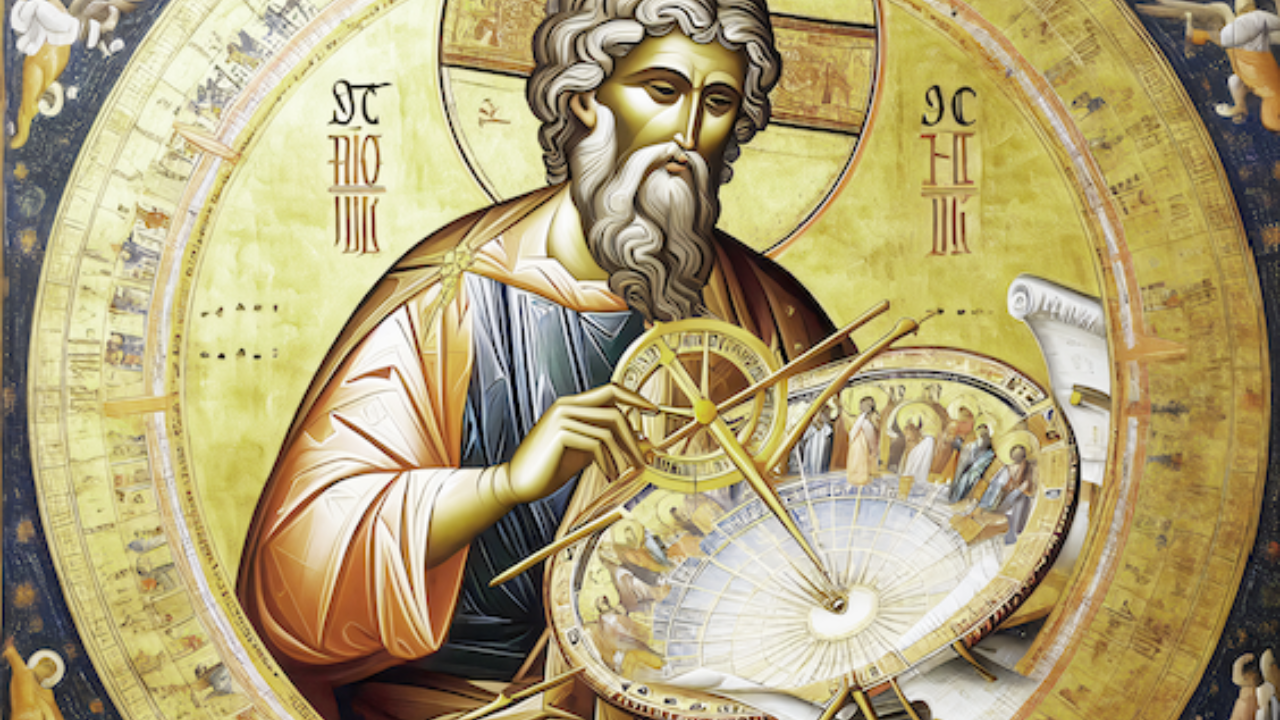
My Atmospheric Science Adventures at Mauna Loa Observatory
Most people know Hawaii is famous for its beaches. But did you know it’s also home to one of the world’s leading stations for monitoring the atmosphere? On this ID The Future, self-taught citizen scientist Forrest Mims talks to host Andrew McDiarmid about the history and significance of the world-famous Mauna Loa Observatory in Hawaii. He also shares some of his own experiences and adventures there over the last quarter century. In this episode, Mims reminds us of his dust-up with Scientific American, a controversy that would ultimately launch his career as an atmospheric scientist. He introduces us to some of the pioneering explorers and scientists who set the stage for atmospheric science in Hawaii, including Archibald Menzies, Charles Wilkes, Read More ›
